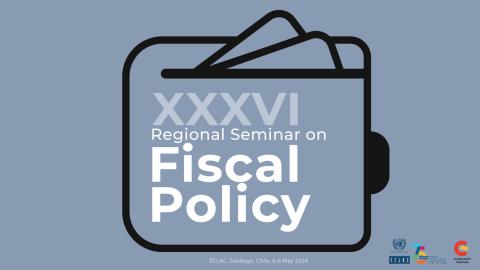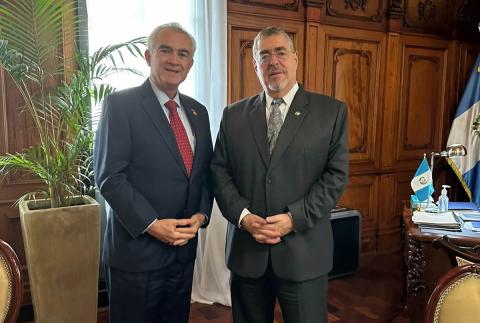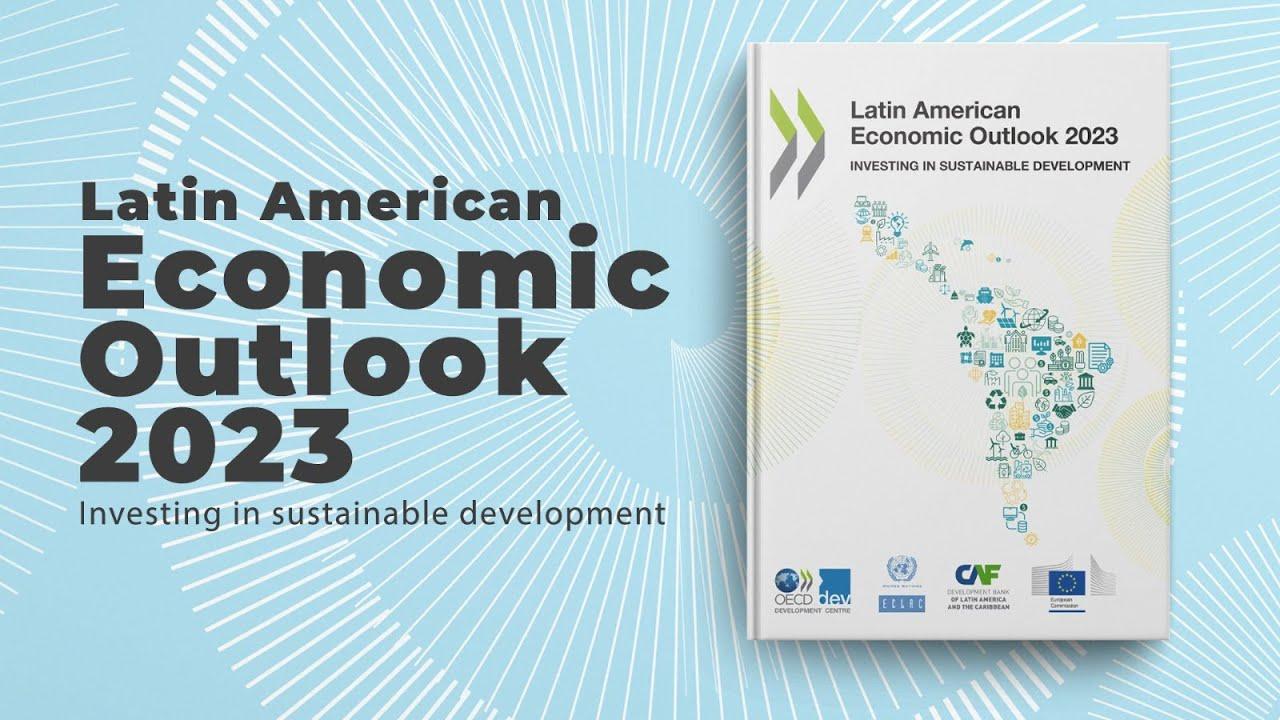Announcement
The Economic Commission for Latin America and the Caribbean (ECLAC) will launch on Thursday, August 1, at 11 a.m. local time in Chile (UTC/GMT-4) an annual report entitled Foreign Direct Investment in Latin America and the Caribbean 2024, which provides an overview of how these flows have evolved at a global, regional and national level. This year the publication also proposes a series of guidelines for increasing this kind of investment on a national and subnational scale, as well as for boosting its impact on productive transformation.
The document’s main conclusions will be unveiled by José Manuel Salazar-Xirinachs, ECLAC’s Executive Secretary, at a hybrid (in-person and virtual) press conference held at the United Nations regional organization’s headquarters in Santiago, Chile.
In keeping with tradition, the publication’s first chapter details the amounts of Foreign Direct Investment (FDI) received by each country and subregion in 2023, and analyzes the main trends observed in relation to these flows. It also addresses the behavior of Latin American transnational companies, known as translatinas.
The second chapter analyzes the policies for attracting Foreign Direct Investment implemented in Latin America and the Caribbean and other regions in the world, and proposes 17 guidelines for increasing this type of investment and its positive effects on the economy, taking into account that FDI must play a leading role in Latin American and Caribbean countries’ productive development policies.
Finally, the third chapter of this report examines the trends, determinants, policies and guidelines related to FDI on a subnational scale, based on case studies from the region. It includes numerous recommendations for maximizing the benefits deriving from this source of resources, in distinct territories within Latin American and Caribbean countries.
Journalists are invited to ECLAC’s headquarters in Santiago, Chile to participate in the press conference in person.
Those interested in following the report launch virtually can register at the following Zoom platform link: https://cepal-org.zoom.us/webinar/register/WN_HZ1_jSMpRKKXUcFIYozbIA#/registration
After registering, they will receive an email with instructions for joining the event as of 11 a.m. local time. Accredited journalists will be able to send their questions in writing via the Zoom chat as the event takes place. They can also submit them ahead of time to the email address conferenciaprensa@cepal.org, and ECLAC’s Executive Secretary will respond to the queries once he has finished presenting the document. Questions will only be taken until 11:30 a.m. local time.
The press conference will also be transmitted live via the Commission’s website www.cepal.org, at https://live.cepal.org/ and on its institutional accounts on X (https://x.com/cepal_onu) and Facebook (https://www.facebook.com/cepal.onu).
The full electronic version of this new annual report by ECLAC, along with a press release and the Executive Secretary’s presentation, will be made available on ECLAC’s website as soon as the press conference has concluded.
What: Launch of ECLAC’s flagship annual report, Foreign Direct Investment in Latin America and the Caribbean 2024.
Who: José Manuel Salazar-Xirinachs, ECLAC’s Executive Secretary.
When: Thursday, August 1, 2024, 11:00 a.m. local time in Chile (UTC/GMT-04:00).
Where: ECLAC’s main headquarters in Santiago, Chile (Av. Dag Hammarsköld 3477, Vitacura). Raúl Prebisch conference room.
Virtual connection via the Zoom platform (prior registration required): https://cepal-org.zoom.us/webinar/register/WN_HZ1_jSMpRKKXUcFIYozbIA#/registration
Also via ECLAC’s website, at http://live.cepal.org/ and on the Commission’s institutional accounts on X and Facebook.



